 Research Sector
Research Sector When I joined DDI, I brought with me the yearning to fully understand the effect of metabolism on obesity and diabetes, and then to classify the different types of diabetes. I believe that only by dissecting deep into the phenotype and classifications of diabetes, would we be able to truly understand the disease at its core. At DDI, we are endlessly working towards fighting one of the most challenging health burdens in Kuwait, diabetes. We have also prioritized both its prevention and treatment, more so now with a Translational Research Department underway. With our drug–drug combinations that have never been tested before, we want to be able to prevent diseases like obesity and prevent the progression of pre-diabetes to diabetes, prioritizing community impact. Our vision is to make DDI the leading diabetes research institute in the MENA region, and I firmly believe that with the work that we are currently doing and the help of the population of Kuwait in our clinical studies, we can get there!
 Immunology and Microbiology
Immunology and Microbiology The benefits of studying the interactions between nutrients and inflammatory biomarkers are not only limited to the laboratories and research publications, but it also plays a huge role in a clinical setting. This way, dieticians and nutritionists can provide personalized and precise recommendations, tailored for each individual based on their inflammation status. Mainly, inflammation can first be treated and reduced, and dietary intervention can be initiated accordingly. This will be effective as nutrient intake could sometimes be more harmful than beneficial in cases with chronic inflammation, and targeting these markers and pathways, along with dietary modulation, can help prevent further complications and comorbidities.
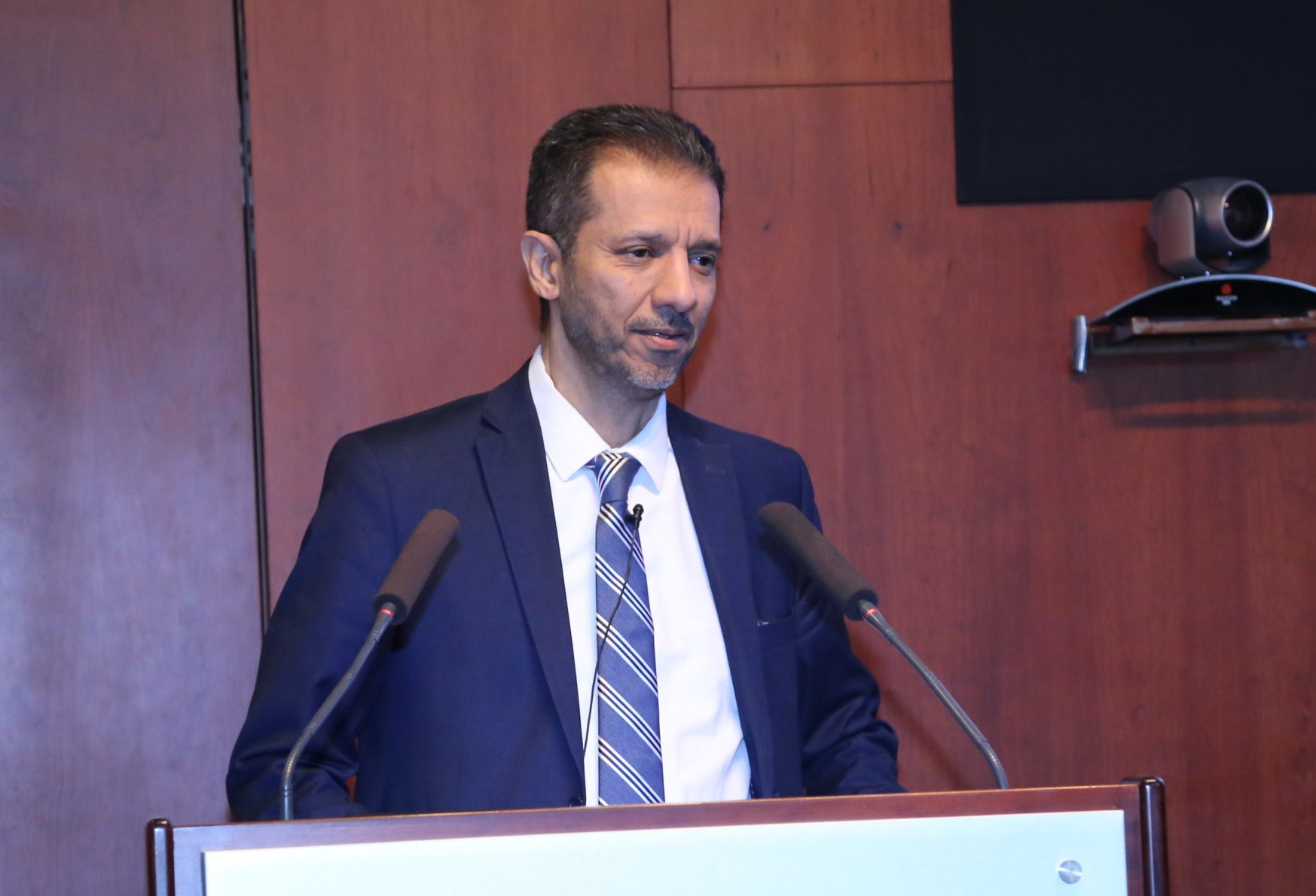 Biochemistry and Molecular Biology
Biochemistry and Molecular Biology Our current research on novel drugs and biomarkers can provide better options for diagnosis, treatment, and prevention. By improving our understanding of the underlying mechanisms of these diseases, we can develop more targeted and effective therapies that reduce their burden on individuals and healthcare systems. Our research may also contribute toward economic benefits, such as reducing healthcare cost, along with stimulating innovation in the biotech and pharmaceutical industries. Accordingly, our research has a positive impact on both the health and economic wellbeing of your community and country.
 Animal & Imaging Facilities
Animal & Imaging Facilities I understand that we cannot change the genetic make-up of a person, however, identifying risk genes is imperative. Using this information, we can enable a person at risk of developing conditions like diabetes, obesity, or metabolic syndrome, to adapt to a healthy lifestyle, fix their diet, and exercise. The use of animal models is crucial as it helps researchers translate basic research to clinical trials and precision medicine, and ultimately advance humanity. The Caveolin risk variant is a perfect example that, in collaboration with talented scientists in DDI, helped us show the population of Kuwait that the research held here has direct benefits on a population-level.
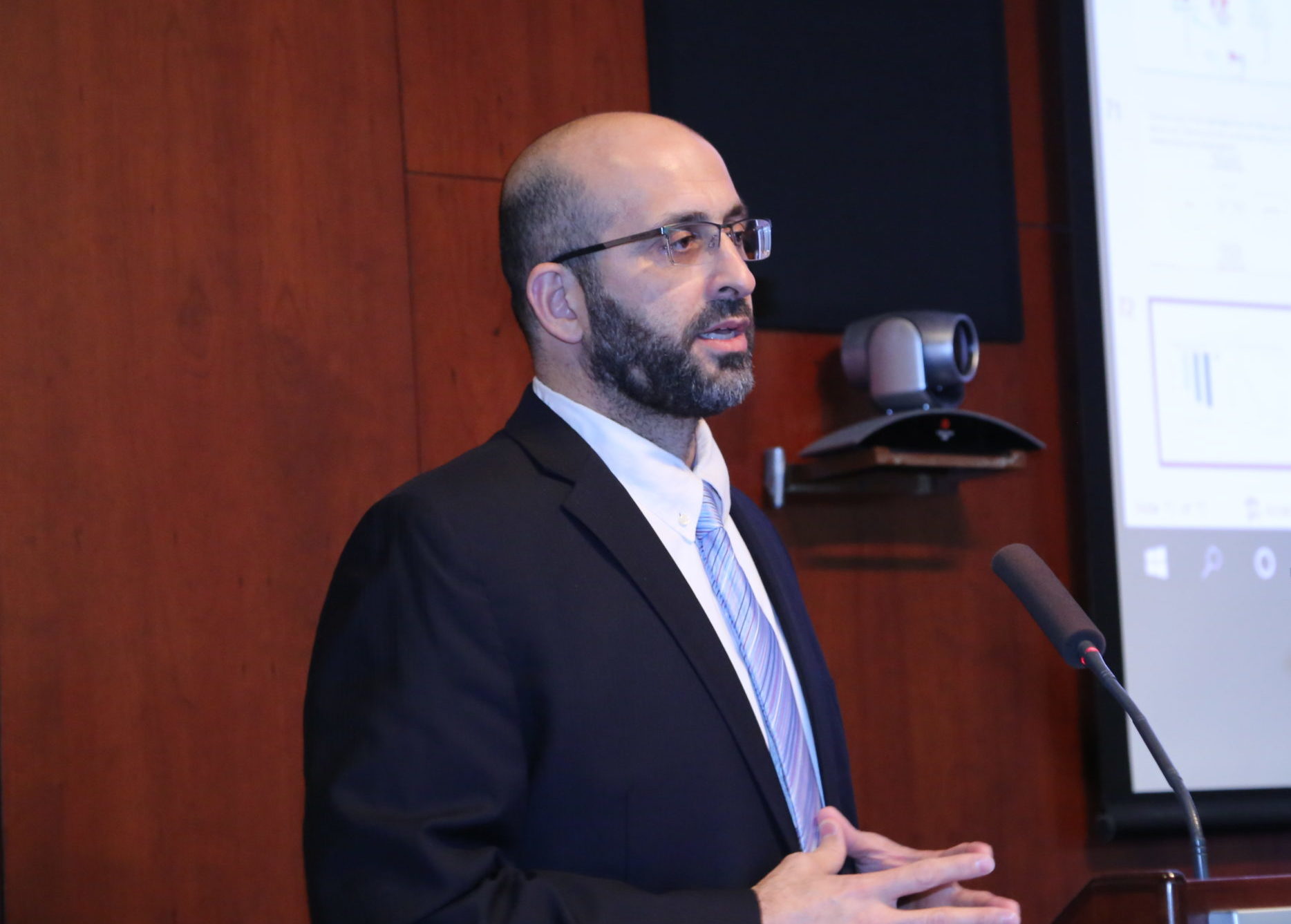 Special Services Facilities
Special Services Facilities Our impact on the community is significant and multifaceted. We have made substantial contributions towards the understanding of the role of various proteins involved in diabetes and metabolic disease. One of our most notable achievements is the work on angiopoietin-like 8 (ANGPTL8), which enabled us to publish over 20 research papers, in collaboration with our group at the Department of Biochemistry. Additionally, our research has highlighted ANGPTL8’s potential as a drug target for dyslipidemia, which could lead to more effective treatments for patients. We have also established the Kuwait Adult Diabetes Epidemiology Multidisciplinary (KADEM) cohort, which will be instrumental in identifying individuals at high risk for diabetes development. By leveraging this cohort, we can develop preventative strategies for those with pre-diabetes or advise appropriate treatment plans for individuals already living with diabetes.
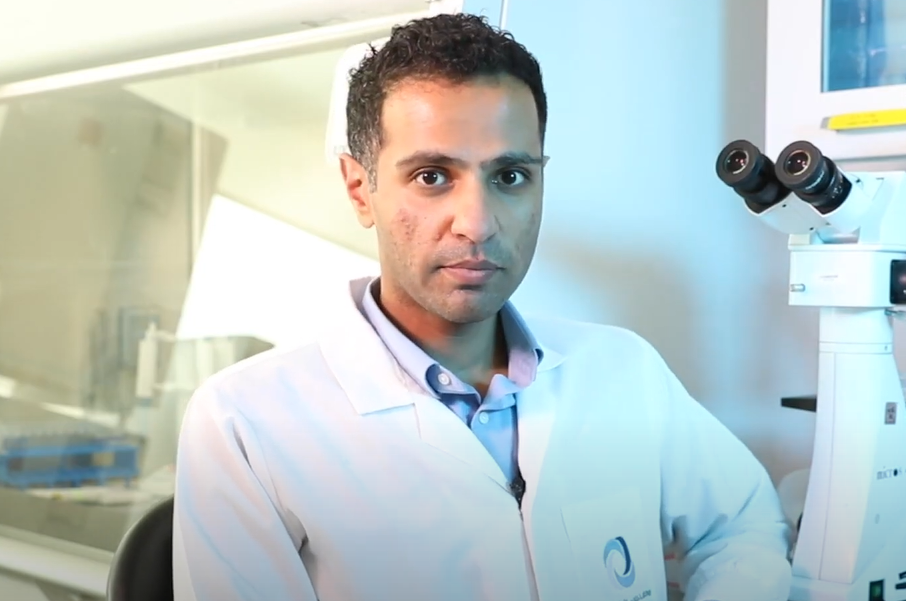 Bioenergetics and Neurometabolism
Bioenergetics and Neurometabolism As we all know, science communication today, more than ever, is extremely important. The population needs to know what has been invested in and why. In our department, we are keen to not only perform groundbreaking work, but we are keen to communicate our research—what we do and why it is important—as much as possible. Applied and translational science is often in the spotlight, basic research deserves the same attention; we are passionate about bridging this gap and taking every opportunity to engage with the population, this better arms them with knowledge on fundamental science and gives it the spotlight it deserves.
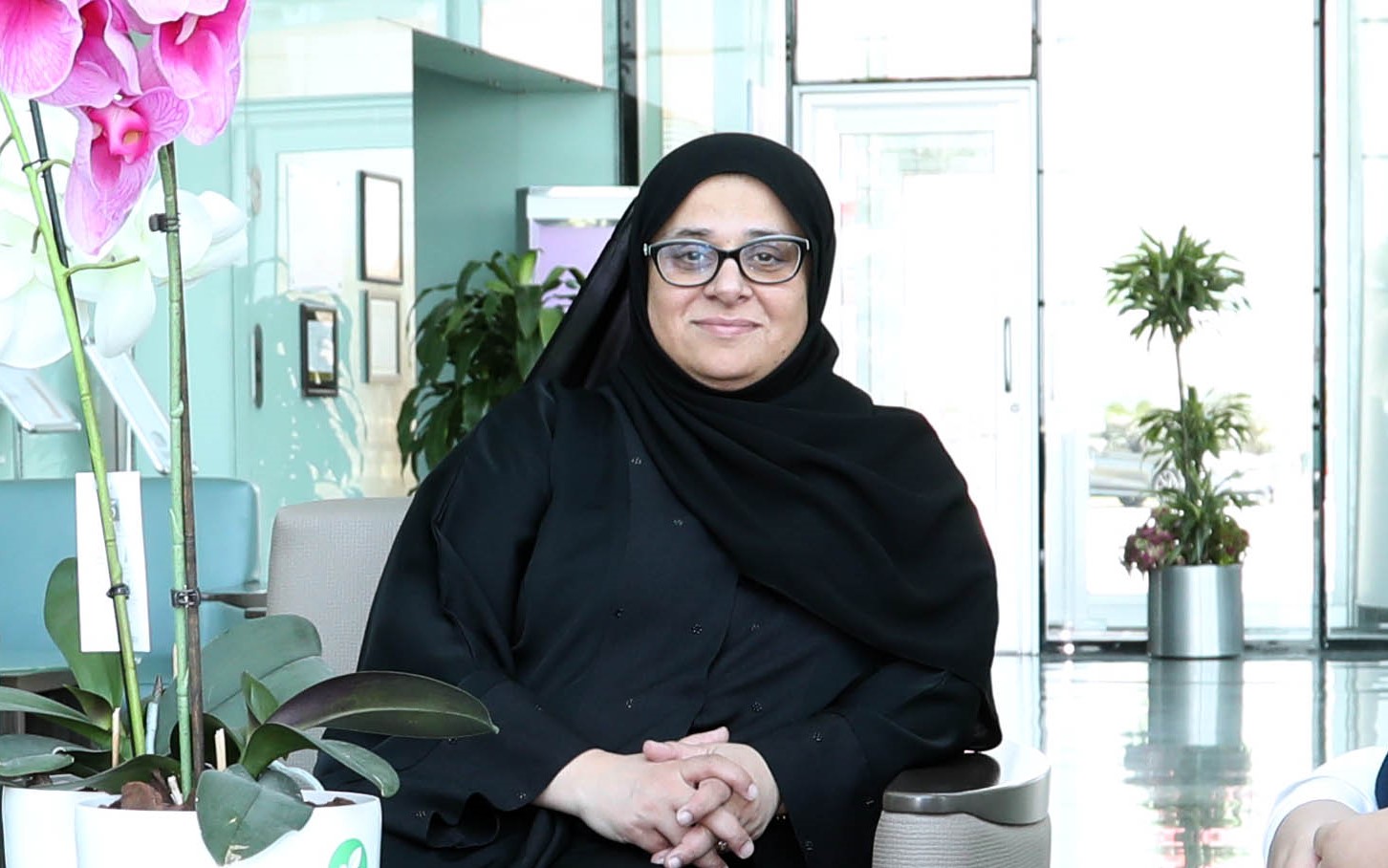 Population Health
Population Health We, at the Population Health Department, contribute toward improving the health and well-being of individuals living with diabetes, or those who are at high-risk, in Kuwait. The department works closely with the Ministry of Health (MoH) to provide evidence-based information for policymakers, with an aim to translate these findings into large-scale implementation programs. From having a strong focus on clinical research in vulnerable groups, particularly in children with type 1 diabetes and rare types of diabetes (monogenic diabetes), to conducting research for addressing the urgent unmet needs using nation-wide diabetes registries, we act as a strong link between research conducted at the institute and translating it to benefit the country’s population at large.
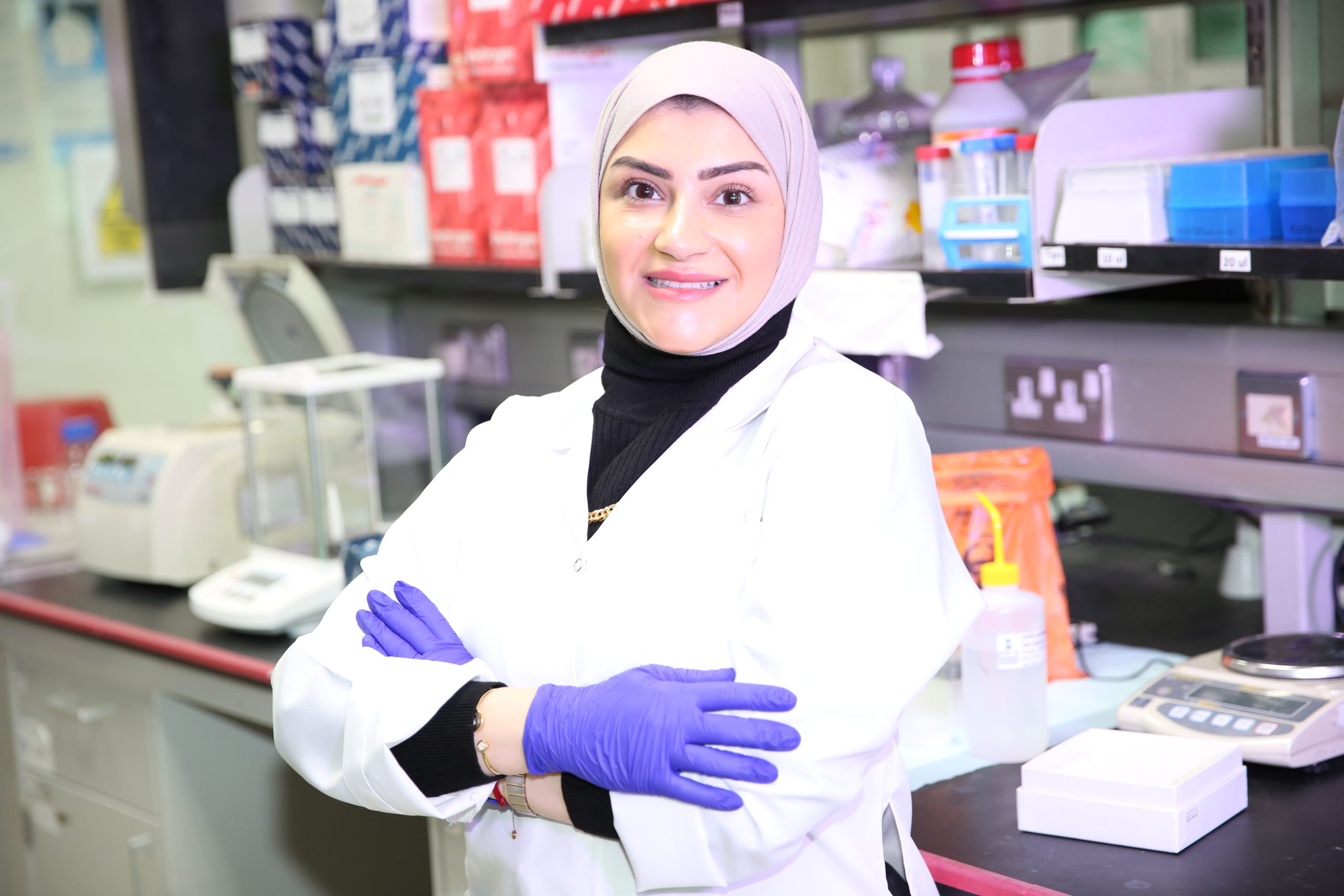 Immunology and Microbiology
Immunology and Microbiology The role of metabolic inflammation in type 2 diabetes and its comorbidities is now clear. The pathways that promote the inflammatory process remain murky. My research interests focus on understanding the role of the landscape of histone modifications underlying the influence of high-fat dietary nutrients in inflammation and fatty liver disease.
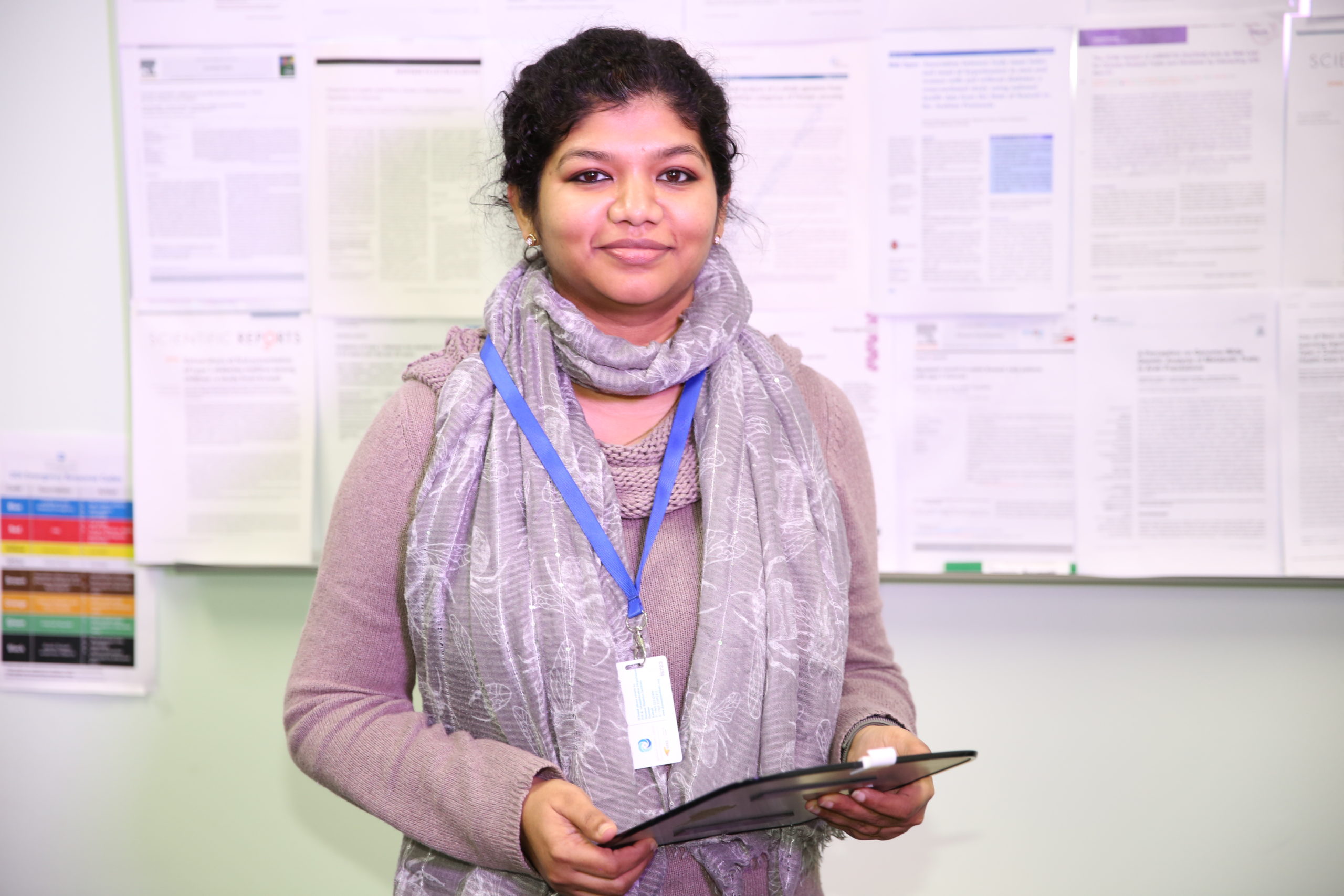 Genetics and Bioinformatics
Genetics and Bioinformatics Working at DDI is both exciting and challenging, as it involves the use of computational techniques to analyze large amounts of genetic data to better understand the function of genes and their role in diabetes. It provides an opportunity to collaborate with a multidisciplinary team of clinicians and scientists, including geneticists, molecular biologists, and bioinformaticians, and can be a fast-developing field with novel discoveries and state-of-the-art technology.
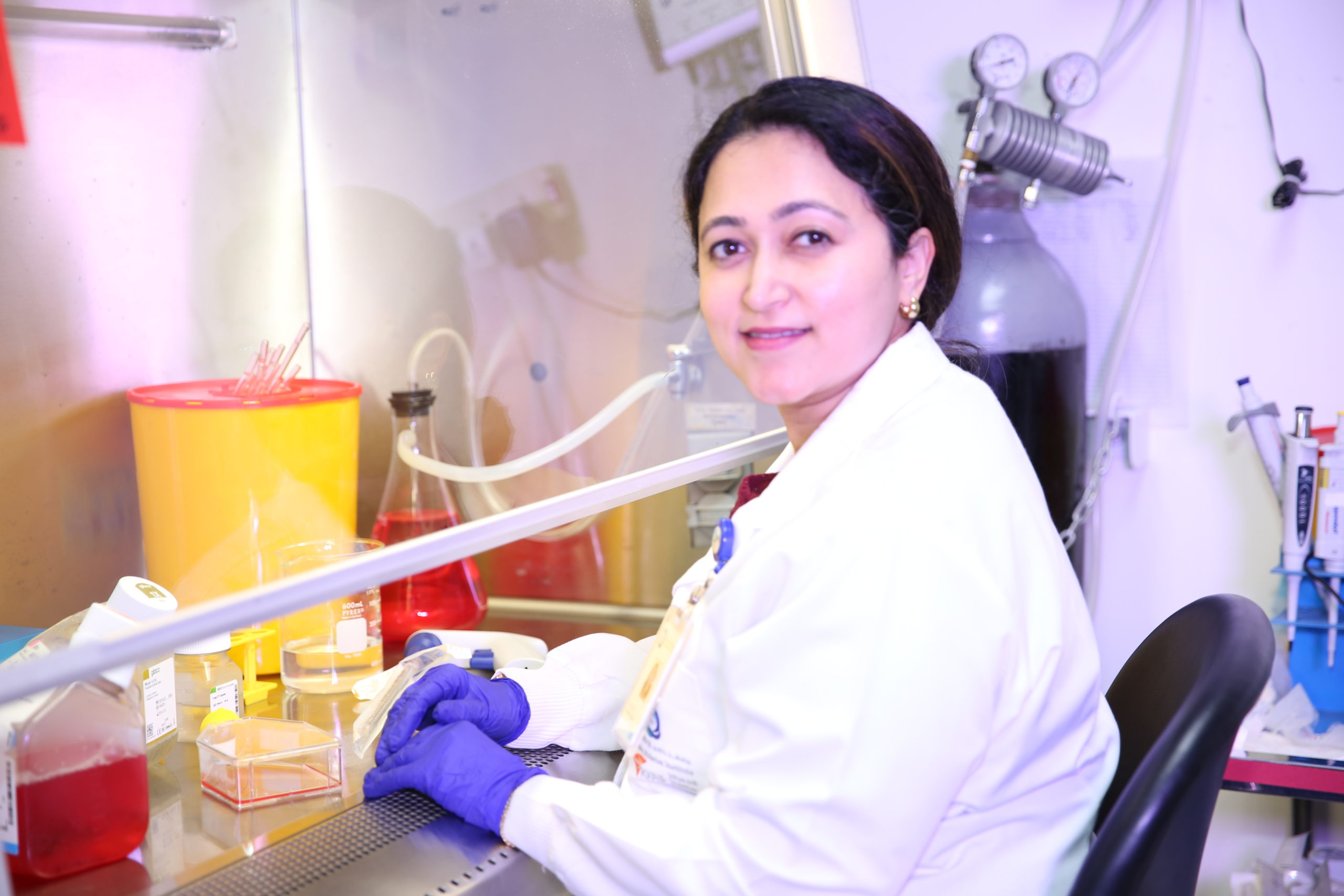 Biochemistry and Molecular Biology
Biochemistry and Molecular Biology DDI provides a highly collaborative and international working environment. In the Biochemistry and Molecular Biology department, we combine an interdisciplinary mix of approaches that help us enhance our understanding of various metabolic pathways.